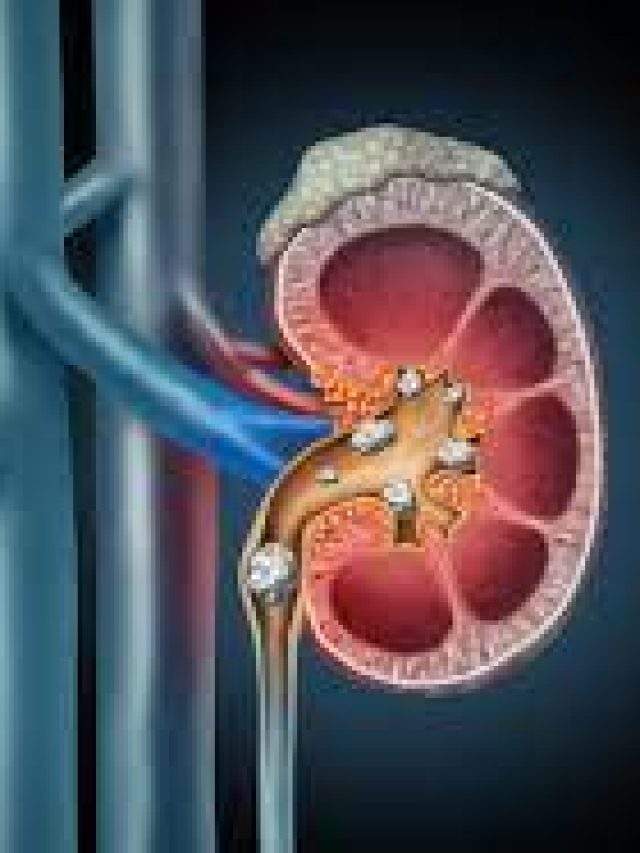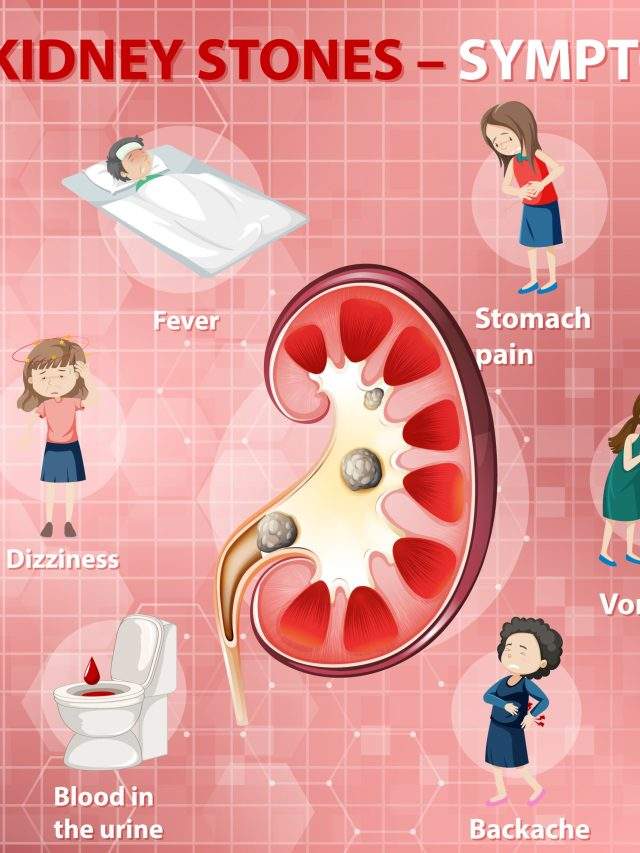![]()
The first consultation with the urologist: What happens?
When you notice the signs like incontinence, frequent urination, sexual problem, or other concerns, it’s the sign to visit a urologist in Ludhiana. No doubt, these symptoms can affect your daily life and health. Be it, men or women, both need immediate medical assistance. So, let me tell you what happens when you visit one of the best urologists near you.
What are the signs you need to consult a urologist?
Here are some of the common signs that you need to consult the urologist at one of the top-rated urology hospital in Punjab:
- Blood in your urine
- Hernia
- Urine leakage or flow problem
- Overactive bladder (OAB)
- Painful urination
- Poor bladder control
- Abdominal or lower back pain
- Fallen bladder protrusion
- Recurrent urinary tract infections
- Hormone imbalance
- Kidney pain or kidney stones
- Low sex drive
- Testicles, prostate, or penis issue
- Smell or color of urine changes
- Bladder, prostate, penis, or kidney cancer
What happens to the initial visit to the urologist?
When you visit the urologist for the first time, the medical health care provider reviews your entire medical history. Doing the initial steps allows for creating the further treatment plan correctly. So, here are possible things that happen on your first urology visit.
Step 1: Get the necessary paperwork
First, you need to get the necessary paperwork. Make sure that you answer all the essential questions asked by the doctor. The urologist checks the symptoms and makes sure to tell what you noticed beforehand and when it started. Give all necessary information to increase the treatment success rate.
Step 2: Check medical history
The doctor checks your medical history and ask all necessary questions. You should also tell the doctor if you’re taking any medications additionally if you have gotten any previous imaging tests (It’s better to take them with you).
Step 3: Physical examination
If the treatment needs to be analyzed further, the doctor will perform a CT scan, X-ray, or other procedures to check the severity of the condition.
Step 4: Getting the necessary treatment plan
Depending on the test results, the doctor tells you better what type of treatment you need. If you have any questions, do ask the doctor about the same.






